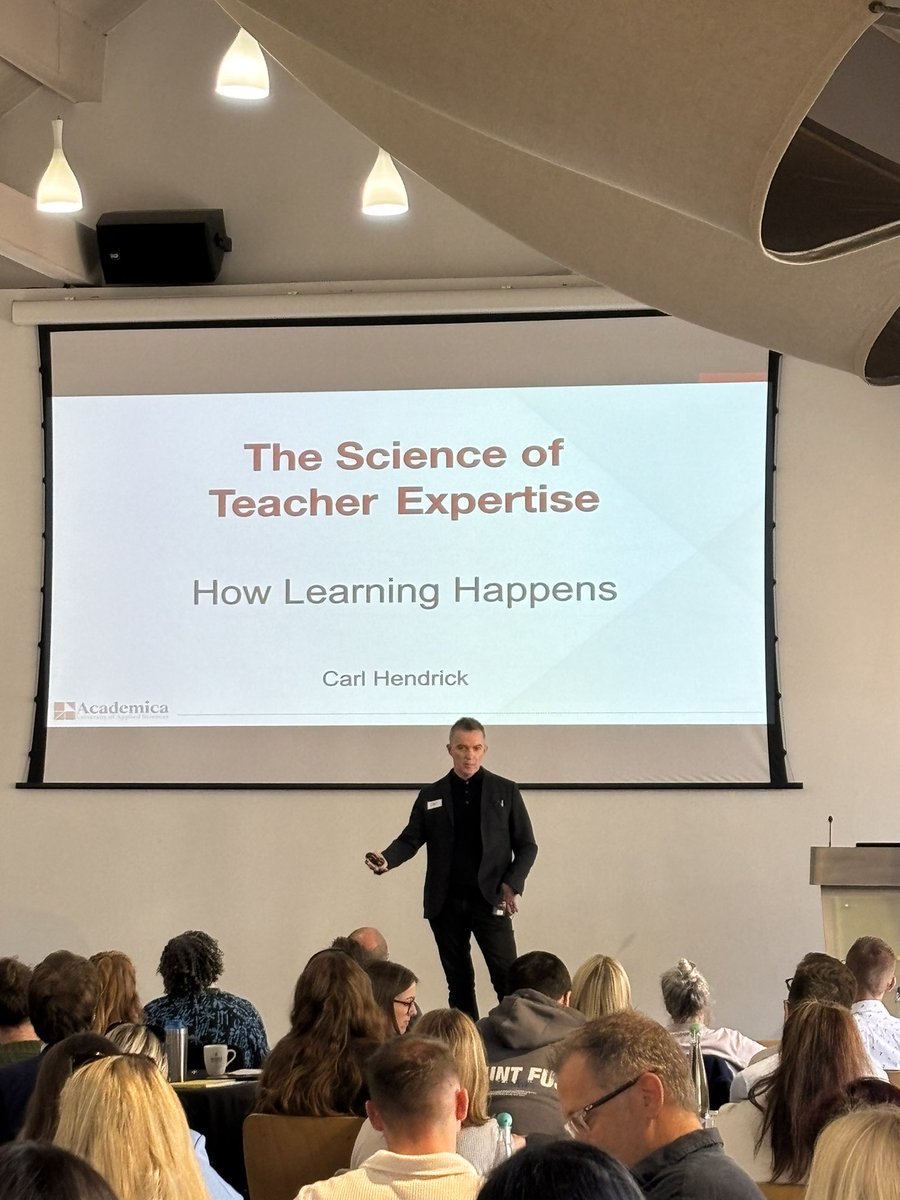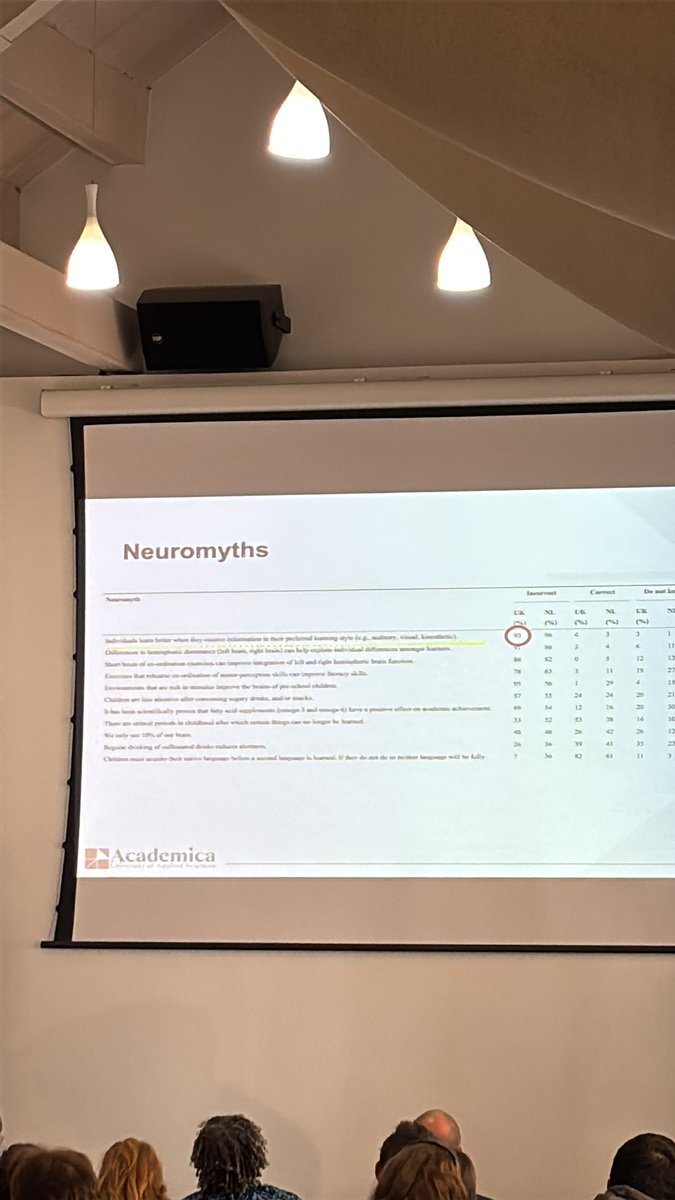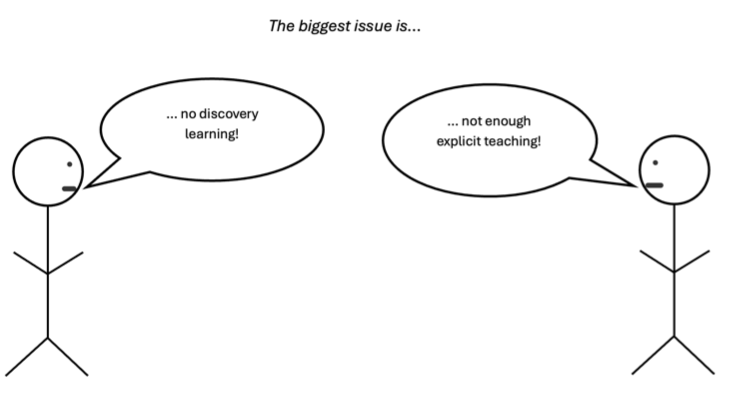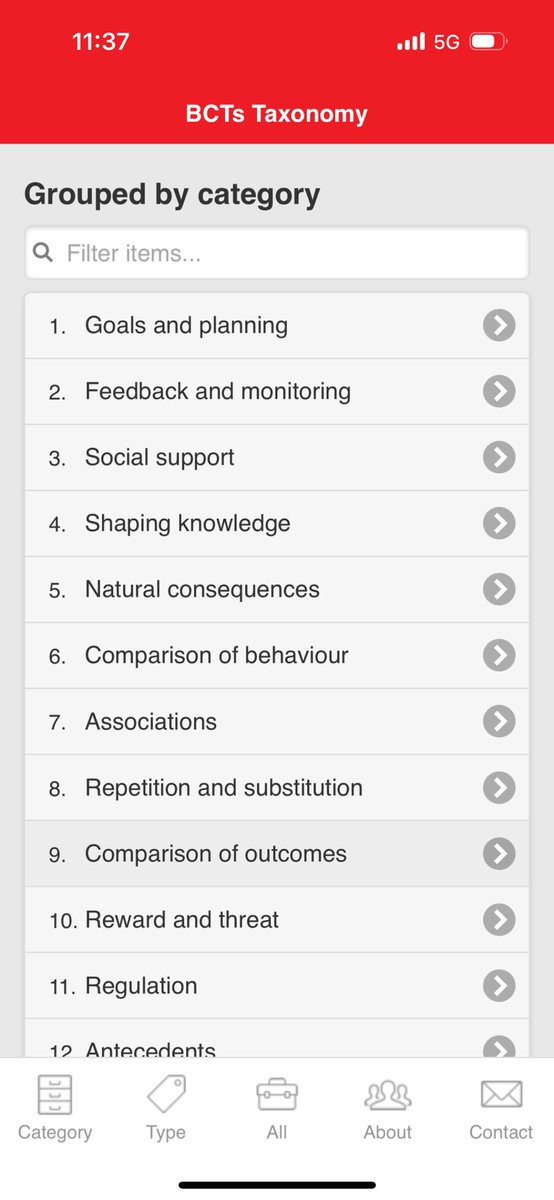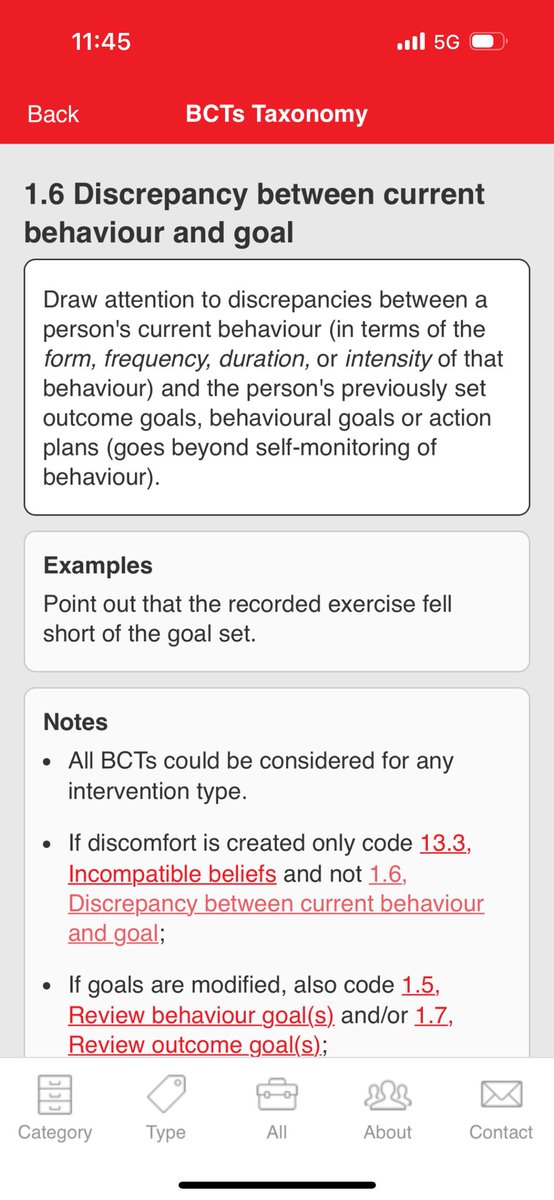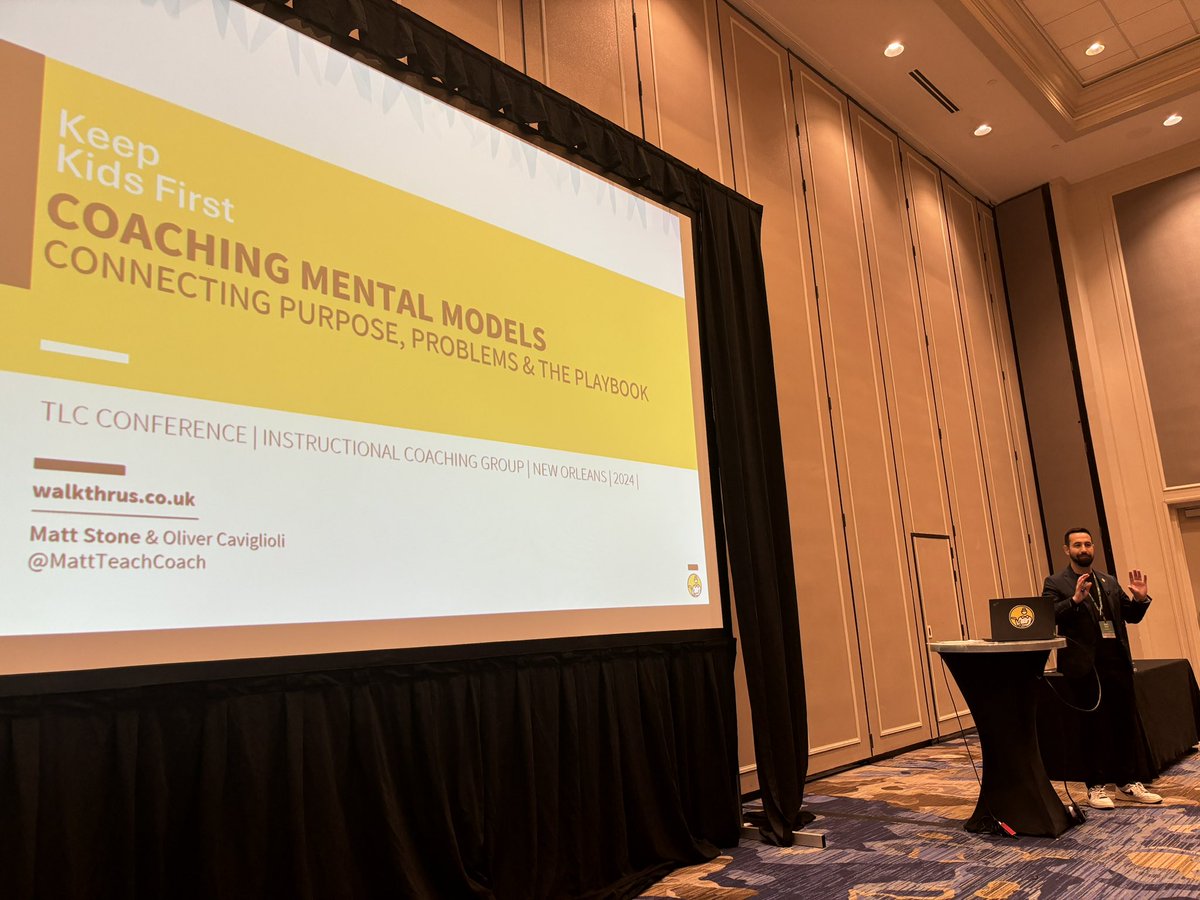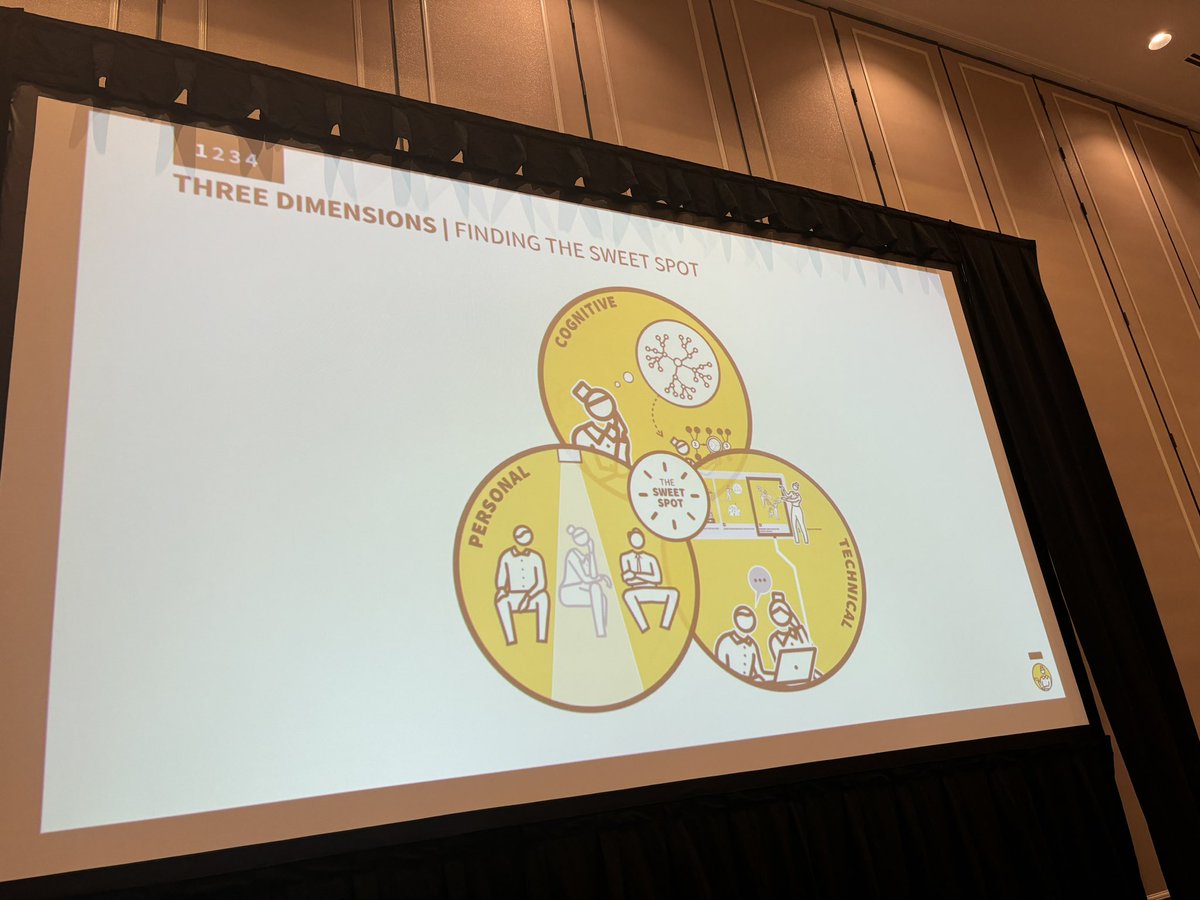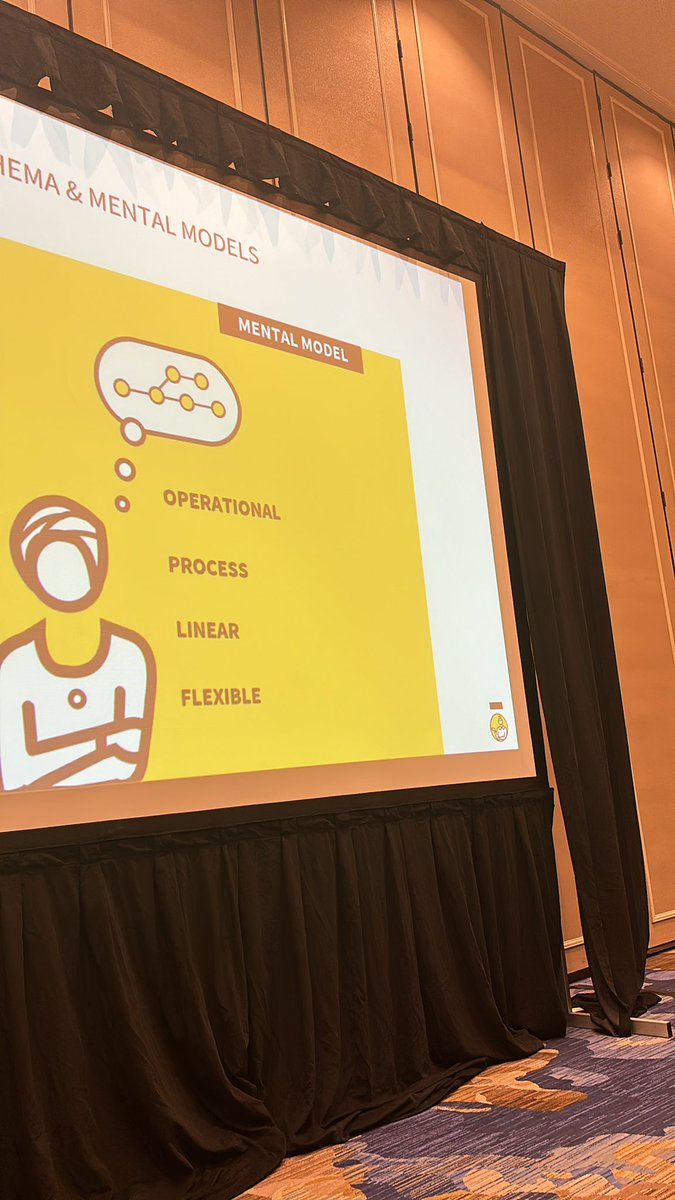3 important things to know about how the brain works:
Brains -
➡️Predict
➡️Preserve
➡️Protect
(Inspired to write this by a great talk from @C_Hendrick and panel with @HughesHaili and @PepsMccrea at the Steplab expertise conference!)
Brains -
➡️Predict
➡️Preserve
➡️Protect
(Inspired to write this by a great talk from @C_Hendrick and panel with @HughesHaili and @PepsMccrea at the Steplab expertise conference!)
1/Brains *predict*
We don't just passively encounter our environment; we actively predict what might be about to happen. This is optimal for survival.
On what basis do we make these predictions?
We don't just passively encounter our environment; we actively predict what might be about to happen. This is optimal for survival.
On what basis do we make these predictions?
Based on consolidated knowledge in long-term memory. These frameworks of knowledge allow us to anticipate what might happen and update to better reflect 'reality' (at least as we perceive it).
Why does this matter?
Why does this matter?
It has many implications - here's one. If we predict based on what we know, then we are actively experiencing the world through our own lenses. What we make of our experiences plays a role in what we will learn.
This means -
This means -
We can't expect everyone to experience the same situation in the same way and take the same things from it. We have to *guide learners' attention* to what is important...
Side note: I think this explains some aspects of what people colloquially refer to as 'karma'… e.g. if you are someone who gossips about other people, this is your predictive lens and you suspect others of gossiping about you!
For more (and better) on predictive processing. See @AdamWteach's Substack, Predictably, Correct.
Number 2...substack.com/@adamwray
Number 2...substack.com/@adamwray
2/ Brains *preserve*
The brain wants to preserve energy.
It takes energy for the brain to learn stuff for the long term - it doesn't exert this energy for everything we encounter!
In fact…
The brain wants to preserve energy.
It takes energy for the brain to learn stuff for the long term - it doesn't exert this energy for everything we encounter!
In fact…
Our brains can trick us into thinking we've learned something we haven't. The feeling of familiarity is a great example.
When re-reading notes before an exam, our brains tell us "You know this - you've got it!" But in the exam, ideas fail to form!
Actually-
When re-reading notes before an exam, our brains tell us "You know this - you've got it!" But in the exam, ideas fail to form!
Actually-
We have to be *explicit* with our brains about what we want long-term easy access to.
How do we do this?
By employing techniques that tell our brains -
"We need this info in the future and it won't be readily available in the environment… learn it!"
Here’s an example…
How do we do this?
By employing techniques that tell our brains -
"We need this info in the future and it won't be readily available in the environment… learn it!"
Here’s an example…
Using retrieval practice with as few cues as possible.
This tells the brain "this stuff is important & can't be easily accessed from the environment (hence why I'm making you dredge it up!". So…
This tells the brain "this stuff is important & can't be easily accessed from the environment (hence why I'm making you dredge it up!". So…
Your brain exerts energy to retrieve the idea.
But it doesn't want to expend so much energy doing so in future...
So it kick-starts the consolidation process to make it easier to access next time!
What does this mean?
But it doesn't want to expend so much energy doing so in future...
So it kick-starts the consolidation process to make it easier to access next time!
What does this mean?
Obviously it means we should incorporate effective learning strategies in lessons, but it also means we should help learners understand *their role* in the learning process: to learn they must use techniques that tell the brain "consolidate this!"
To help teach them this -
To help teach them this -
It may help to build 4 things in our learners (McDaniel, Einstein & Een, 2021):
*Knowledge* of good learning strategies
*Belief* the strategies work (direct experience)
*Commitment* to the strategies by seeing their value
*Planning* to use the strategies by devising action plans
*Knowledge* of good learning strategies
*Belief* the strategies work (direct experience)
*Commitment* to the strategies by seeing their value
*Planning* to use the strategies by devising action plans
3/ Brains *protect*
As we've just seen, not all memories are consolidated for the long term - long-term knowledge is *hard won*!
What the brain doesn't want is for new information to corrupt stored knowledge (schema) that's generally useful for prediction.
So what does it do?
As we've just seen, not all memories are consolidated for the long term - long-term knowledge is *hard won*!
What the brain doesn't want is for new information to corrupt stored knowledge (schema) that's generally useful for prediction.
So what does it do?
The brain has a slow learning system (requiring rest and sleep) to extract commonalities from across memories, gradually updating what we know for the long term.
But, what if we could learn faster without corrupting prior knowledge?
But, what if we could learn faster without corrupting prior knowledge?
We can IF the new stuff we learn chimes strongly with knowledge that's already stored - this knowledge is safe to store quickly since it won't corrupt anything!
Generally, research has agreed that new ideas which link to existing knowledge can be learned faster, but…
Generally, research has agreed that new ideas which link to existing knowledge can be learned faster, but…
Caveat!
It's not enough to just assume students will use their existing knowledge on a topic to learn related ideas. There's more to it. It's likely we need to help them *activate and link* the relevant knowledge.
END - thanks for getting to this point!
References -
It's not enough to just assume students will use their existing knowledge on a topic to learn related ideas. There's more to it. It's likely we need to help them *activate and link* the relevant knowledge.
END - thanks for getting to this point!
References -
Predict:
Kroes & Fernández (2012)
Clark (2013)
Preserve:
Learning is energy intensive: van Rossum & Pache (2024)
Memory consolidation is selective: Lindsey & Litwin-Kumar (2024)
Retrieval speeds up learning: Antony et al. (2017); Ferreira et al. (2019)
Kroes & Fernández (2012)
Clark (2013)
Preserve:
Learning is energy intensive: van Rossum & Pache (2024)
Memory consolidation is selective: Lindsey & Litwin-Kumar (2024)
Retrieval speeds up learning: Antony et al. (2017); Ferreira et al. (2019)
Protect:
Catastrophic interference: McClelland (2013)
Slower learning system: Dudai (2015;
Faster learning with prior knowledge: Tse et al. (2007; 2011)…
… but there's more to it! Buchin & Mulligan (2025)
Catastrophic interference: McClelland (2013)
Slower learning system: Dudai (2015;
Faster learning with prior knowledge: Tse et al. (2007; 2011)…
… but there's more to it! Buchin & Mulligan (2025)
• • •
Missing some Tweet in this thread? You can try to
force a refresh


